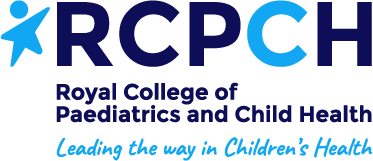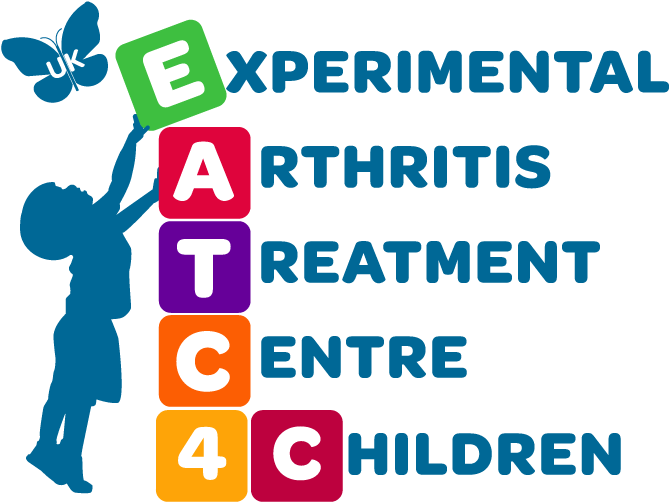Natalie’s experience of International Child Health Research
We speak to Natalie about her experience of research internationally, the skills that she has learnt along the way and offers advice for those wanting to get involved in research.
My name is Natalie, and I am a Consultant general paediatrician (Infectious Disease SPIN) with special interest in Tropical and Travel medicine. I am the Infectious Disease lead for the South Paediatric hub and I run the only paediatric travel clinic in the NHS. I am also:
- A member of the International society of Travel Medicine (ISTM) paediatric council; Responsible for dissemination of paediatric travel medicine evidence in the UK
- A member of the RCPCH education faculty and Emergency Triage, Assessment and Treatment plus (ETAT+) group, and the lead for ETAT+ Resuscitation LSHTM.
- International Child Health Group (ICHG) student subgroup Chair, coordinating the medical student elective bursaries.
How did you start your career in research?
My research career was completely accidental. I never wanted to do research but wanted to do clinical global child health. I always wanted to work in low resource paediatric settings and did paediatric training, and actually went to medical school just for that reason!
I did the Diploma in Tropical Medicine and Hygiene after ST1 and at the end I was searching for some time out of program overseas. It’s difficult to find paid clinical work in low resource settings (LRS) that isn’t attached to research funding and so I applied to be a research fellow on a paediatric fluid resuscitation trial where they agreed that I was allowed to volunteer on the wards in the afternoons.
This was the FEAST (Fluid Expansion As Supportive Therapy) trial and I soon became the clinical coordinator of the trial across 3 countries. Managing the trial took over my life for 2 years as I was immersed in the world of trial management. The trial was expected to prove that the fluid boluses used in paediatric resus all over the world (and recommended in WHO guidance) were safe for African children with sepsis and malaria. My particular personal motivation was to prove the fluids worked so that the African guidelines would be evidence based and to demonstrate that a large RCT could work in a low resource African setting and the data could be as clean as in the western setting. For my part, I felt that if we could prove that then we could get more money flowing to this setting in the future. It was this obsession with trial protocol training and the day to day running of the trial that had FEAST quoted as ‘the cleanest data ever seen in any paediatric trial anywhere’ which partly lead to FEAST winning the BMJ award.
I also found it especially interesting how consent and randomisation were perceived by parents in that setting and I enjoyed doing community outreach. For example, parents felt that there was no equipoise, that staff must know which treatment fluid was better and so randomisation was seen to be like entering a lottery for the best.
The FEAST trial was the largest paediatric sepsis and malaria RCT to date and had profound results. It showed that the WHO recommended fluid was not helpful or safe. When the results shocked the international paediatric community there were attempts to ignore or discredit it.
This propelled my interest in writing and disseminating guidance to turn evidence into practice, because GCP ethics apply that we should not subject participants to research if the results will not be honoured impartially by the medical community. Since then I have focused on getting this and other paediatric evidence into practice by producing online material and lecturing.
What skills have you learnt from your period of doing research?
I learnt a lot of trial management and GCP of course, but also the nitty gritty of keeping trial logs and protocol amendments and statistics. What I also learnt was that the research community needs all different kinds of doctors, including clinicians who can have their say on what the trial experience is like for their patients. Qualitative data on patient experience, and the softer skills this requires are also needed in the research community, and translates well to the NHS. We definitely need statistical geniuses, but I think many more people should have experience of research before they complete their training.
What would you advise to those wanting to get involved in Global Child Health research?
I would advise them to get a mentor (a mentorship service runs at the ICHG for example) and consider starting small with your own project. The motivation for doing research should never be to get publications as far as I’m concerned, you should always start with a question you want answered, and it may be that research has already been done on this topic and you can do a literature review or meta-analysis to get your answer. This prevents wasting unnecessary effort, money and patient time. It’s also a great way to get into research and we at the ICHG are always happy to help with projects that will be of value to children in LRS.


